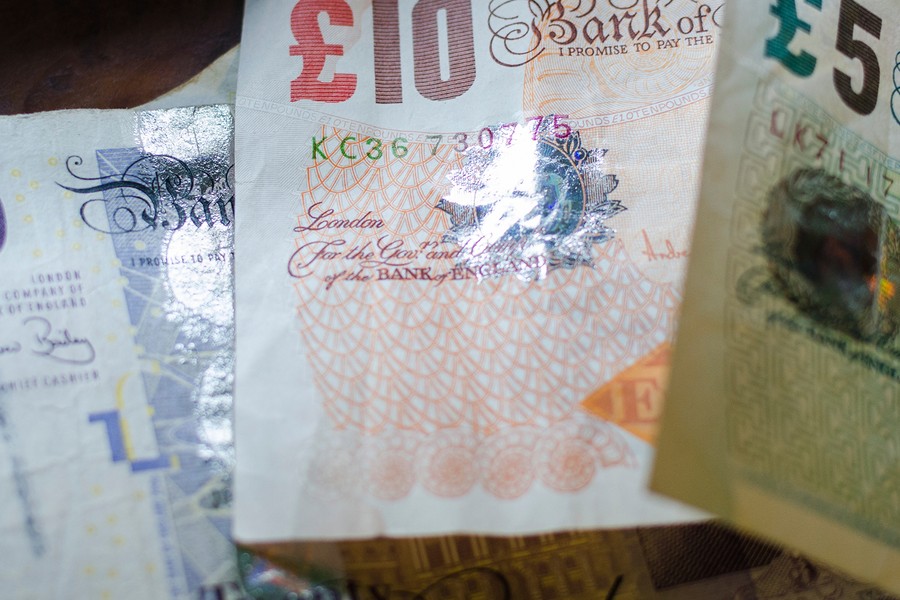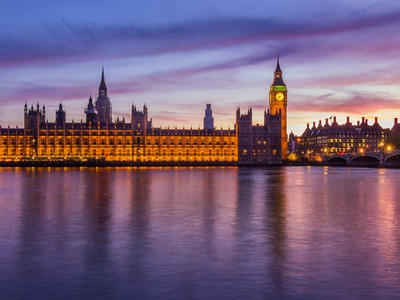As consumer demand picks up after a recession, so companies should employ more people from a pool of high unemployment. Then unemployment falls and companies have to invest in more capacity and efficiency rather than give in to wage inflation. The investment means that more efficient workers can eventually get paid more; and consumer demand grows without inflation. This is the theory.
This time around we seem to have got stuck with low wage inflation aligned with low unemployment and the UK stuck at the bottom of the G7 league table. My hypothesis is that the weak companies which should have been culled in a normal recession were reprieved by low interest rates. These weak, or “zombie”, companies (as discussed in the summer edition) consume capital, employment and scarce resources whilst blocking market access for new entrepreneurs. Their existence explains the lack of wage inflation because the employees know that
wage inflation would bankrupt the business and they would lose their jobs. If your zombie company does not make much of a profit then you don’t invest more money in it, which explains the low investment in more productivity.
This is what George Osborne tried to address in his budget. He said that the minimum wage is going up from £6.50 an hour today to more than £9 in 2020. He added, on the BBC, that British business would in the long term benefit from moving to a higher productivity, higher wage model.
The innuendo from Osborne’s proposals is that he is effectively saying, “Well...if the economy won’t deliver productivity then I will force it to by imposing wage inflation by legislation”. My bet is that Osborne is trying to cull the zombies at the same time. Wage inflation should drive them out of business freeing up markets, resources and capital for entrepreneurs and their more productive businesses.
The alternative would be to raise interest rates; that would have the effect of pushing up sterling and hurting the exporting part of our economy. But it is quite possible that a Chinese-driven inflationary set-back may help cull the weak companies as well.
Imposed wage inflation is also a carefully controlled attempt to redress the social divide caused by QE’s cash being (mis-)allocated to asset bubbles, like London property; which made the rich richer and the poor poorer on a relative basis. Minimum wage inflation transfers money from companies (owned by richer savers) to the poor.
The jury is out on whether the imposed wage inflation will have the desired impact of driving productivity. If it does, and I am watching for this, then my previous view of “low and slow for a long time” gets adjusted to a “lower and a bit slower for less long and then rather more lively”.
In terms of market positioning, this means that you wait for the impact of China to play out with good quality corporates who are not over-reliant on growth to drive the cashflows needed to pay the interest and capital.


